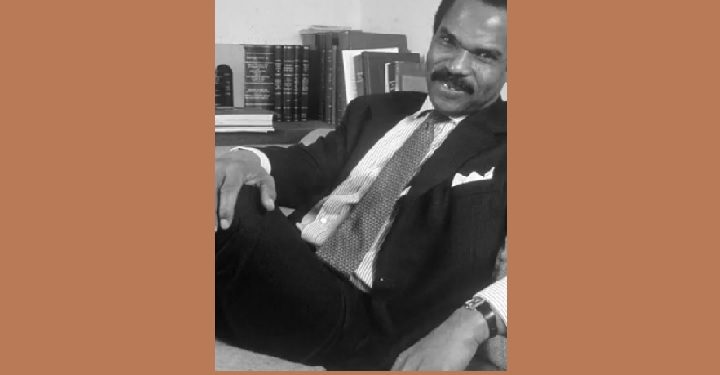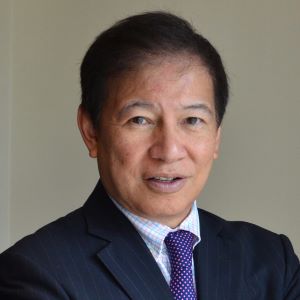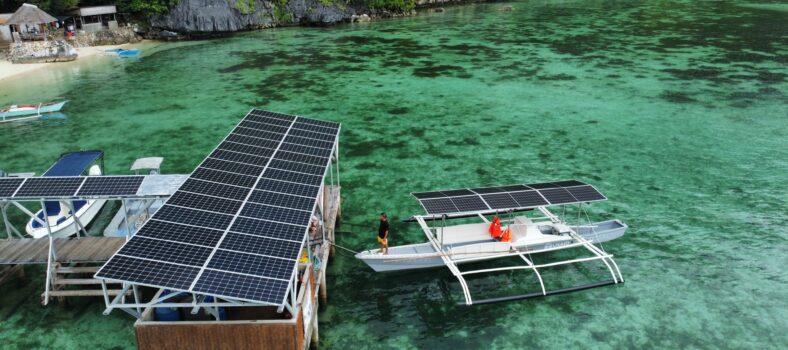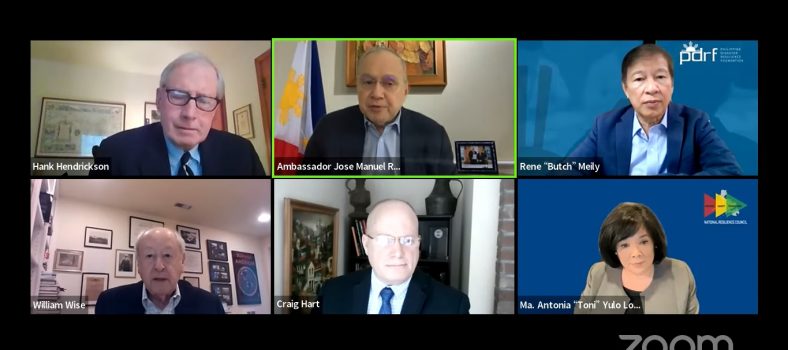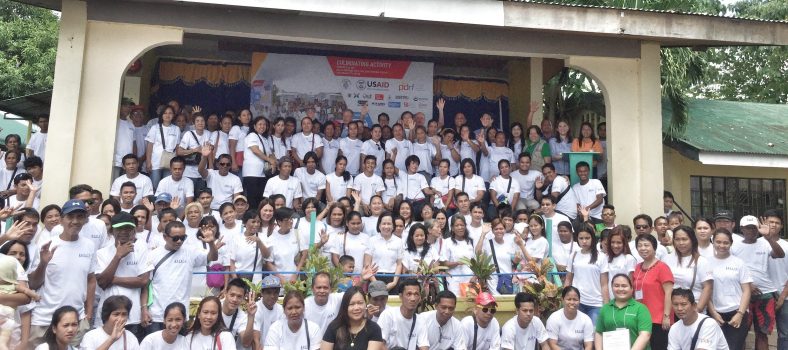A Filipino American Perspective: What One Black Businessman Taught Me About Race in America
On this Black History Month celebrated in the U.S., Mr. Rene “Butch” Meily, a Filipino-American, shares his personal experience working with his former employer, Reginald Lewis, a successful black American who in the 1980’s became the CEO of the largest African American-owned enterprise in the U.S. with 64 operations in 31 countries. This month we recognize people of color and their important role in today’s world.
The New York Daily News
Author: Rene “Butch” Meily
February 5, 2022
I grew up in the Philippines without ever seeing Black people around, much less knowing any. Only after I came to the United States as an international student in 1977 would I meet Black people for the first time.
Little did I expect that within 10 years, as a Filipino immigrant, I would be working side by side with one of the most successful Black businessmen in American history. Our professional relationship gave me a ringside seat at what it could be like to be Black in this country in the 1980s and 1990s.
Reginald Lewis, my former boss, came from a tough Baltimore neighborhood. But he pushed hard enough to buck the odds and earn a degree from Harvard Law School. He founded his own Wall Street law firm. At his peak, he served as chairman and CEO of TLC Beatrice International, then the largest company in the US owned by an African-American, with 64 operations in 31 countries, and the first to generate a billion dollars a year in sales.
Yet race for Lewis was a non-stop, all-consuming battle. In our six years together, as one of his closest advisers, I witnessed how a Black man could be treated in the nation that embodies democracy better than any other, even if he owned a duplex on Fifth Ave., occupied an office on West 57th St. that overlooked Central Park and rode around town in a chauffeur-driven Bentley.
One day I saw a white man arguing with him on Fifth Ave. about who had hailed a taxi first, only for the cabbie, an Indian, to signal that he preferred to pick up the white man. Episodes like that happened more than once. I would join him for lunch together at fine restaurants, only to wind up seated at a table next to the men’s room, with the service suspiciously slow (prompting him to object angrily).
In my naiveté as an immigrant, these instances of glaringly obvious bigotry came as a surprise. I grew up in Manila, soon after the Philippines, a US colony for almost 50 years, gained independence. I loved everything I knew about America. I had a candy-cane vision of this land, probably shaped by all the movies I’d seen with heroic characters played by Jimmy Stewart and Gary Cooper.
My father served in the US military during World War II, fighting at Bataan and enduring the infamous Death March. We listened to World Series games together on US Armed Forces Radio. He had seen Babe Ruth and Lou Gehrig play in Manila in an all-star tour of Far East Asia, and loved the New York Yankees so much so that this newspaper ran a profile of him.
The Philippines was under martial law as I arrived in the US. So I’d gotten a taste of oppression, and it tasted awful. I came here to get a fresh start, but ran into prejudice myself. Strangers occasionally taunted me as a “chink.” Colleagues at the professional services firms where I worked warned me that my Asian heritage would prevent certain white-shoe investment banks and law firms from hiring me.
So Lewis and I were both outsiders. No wonder I came to feel such a special kinship with him. Both of us pursued our version of the American Dream, no matter how high the price might be.
But nothing stopped Reginald Lewis anyway. Even in the teeth of racial injustice, he managed to get the last word, savoring his success. He appeared on magazine covers, smiling broadly with a big cigar clenched between his teeth. He owned a jet. He had an apartment in Paris and a mansion in the Hamptons. He donated $3 million to his alma mater, the Harvard Law School, where a building on campus is now known as the Reginald F. Lewis International Law Center.
He called his autobiography “Why Should White Guys Have All The Fun?” But he died of a cerebral hemorrhage at age 50. The book came out posthumously and a movie based on it is now in development. In tribute, former New York City mayor David Dinkins said, “Reginald Lewis accomplished more in half a century than most of us could ever deem imaginable.”
Among the many lessons Black History Month teaches us this year is that more and more African-Americans are doing good business. Yes, the Black community still has far to go. A recent survey showed that Blacks hold only 3.3 percent of executive or senior management roles. But a study from Babson College showed that from 2014 to 2018, nearly one in every five Black Americans either started or ran businesses. It’s increasingly common for African-Americans to take the helm as a CEO at a global corporation. Think Richard Parsons at Time Warner, Marvin Ellison at Lowe’s and Ken Frazier at Merck.
Reginald Lewis broke through those barriers, and then some, more than 30 years ago. As Black History Month is celebrated, let us make sure to celebrate him as well.
About the Author
Rene “Butch” Meily is author of the upcoming memoir “From Manila to Wall Street and Back – An Immigrant’s Journey with Reginald Lewis, the First Black Billion-Dollar Dealmaker.” Mr. Meily is currently the President of the Philippine Disaster Resilience Foundation, a private sector disaster management organization that includes major business groups in the Philippines. He also heads the IdeaSpace Foundation, a technology- accelerator for early stage startups, and QBO Innovation Hub, a private-public partnership launched to mentor startups.

